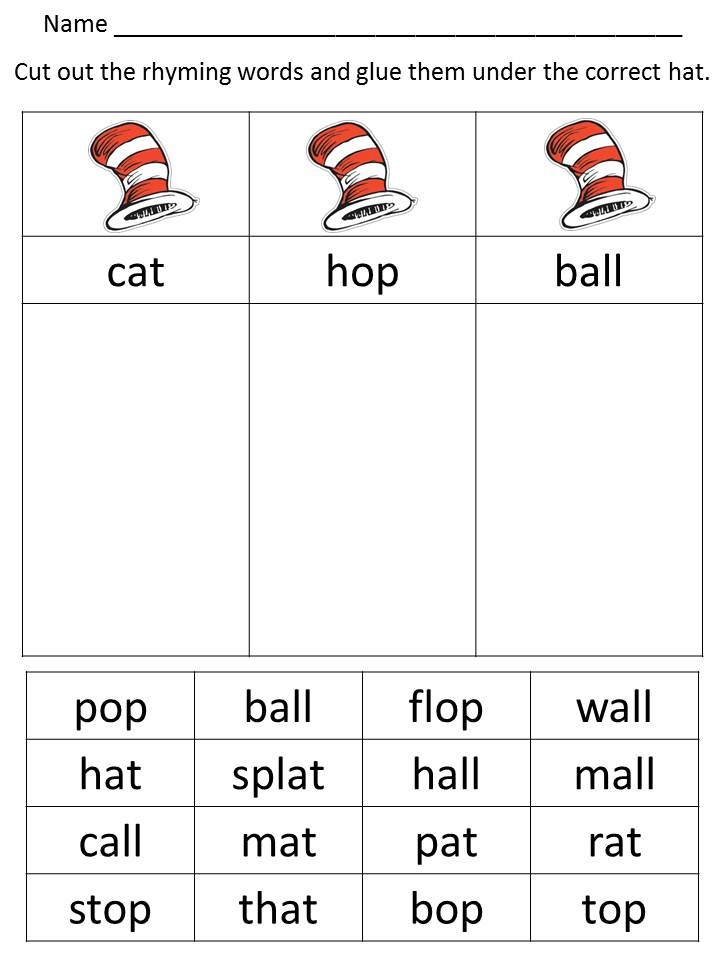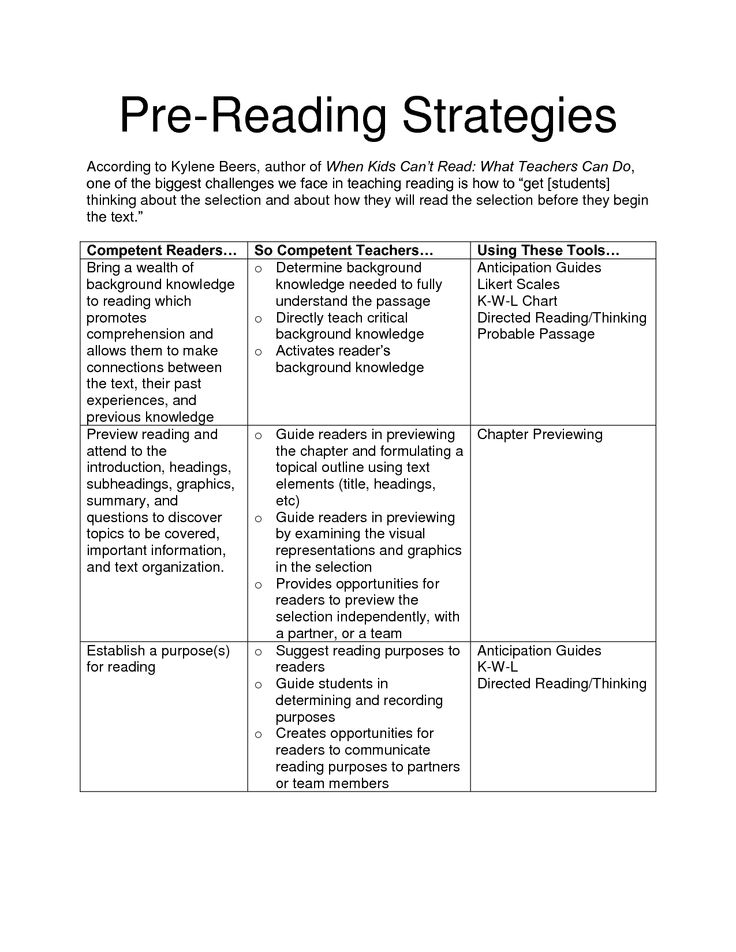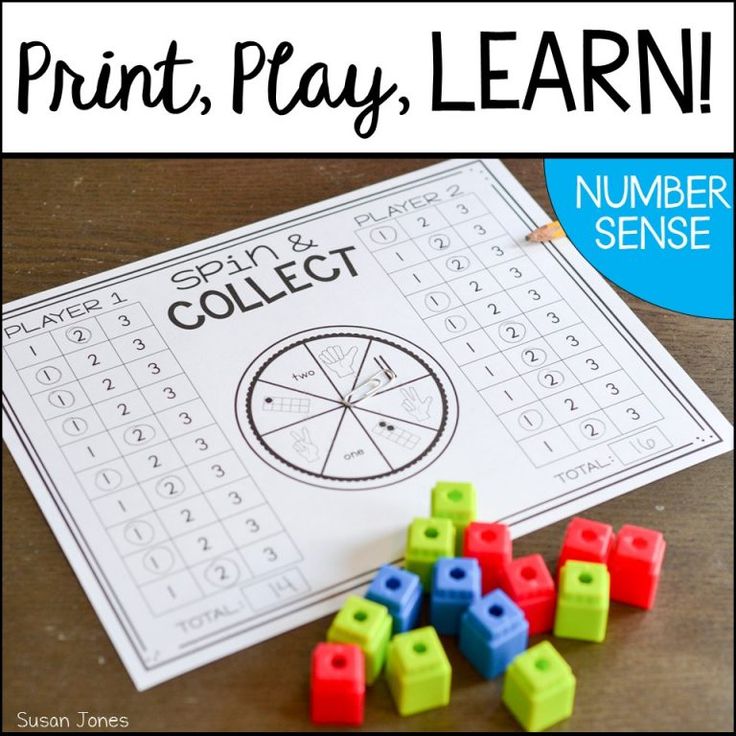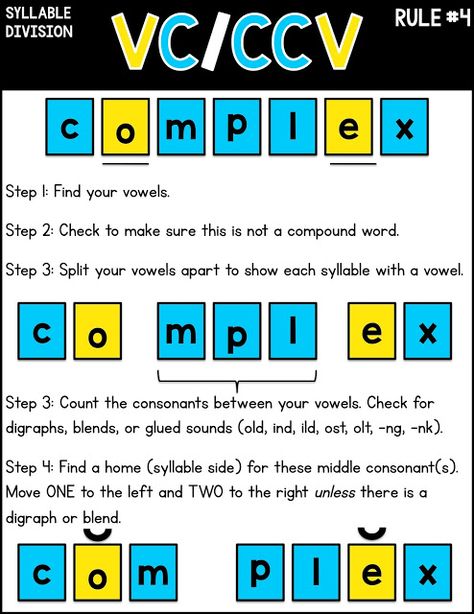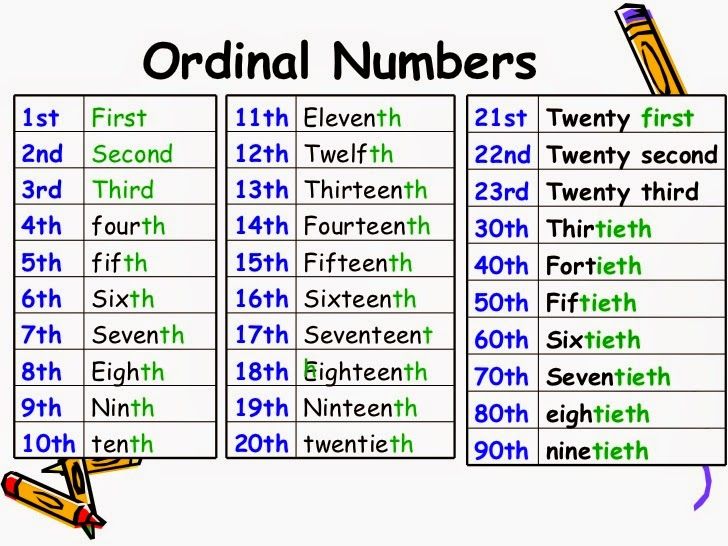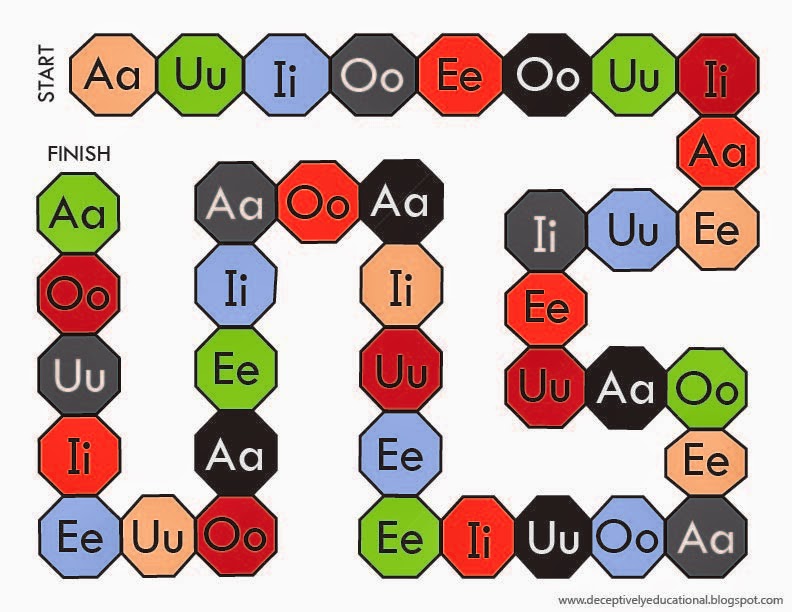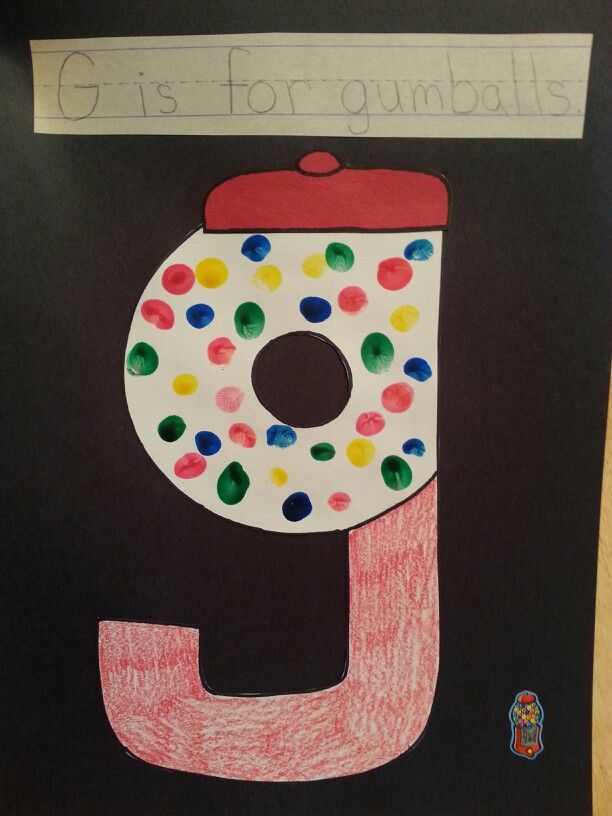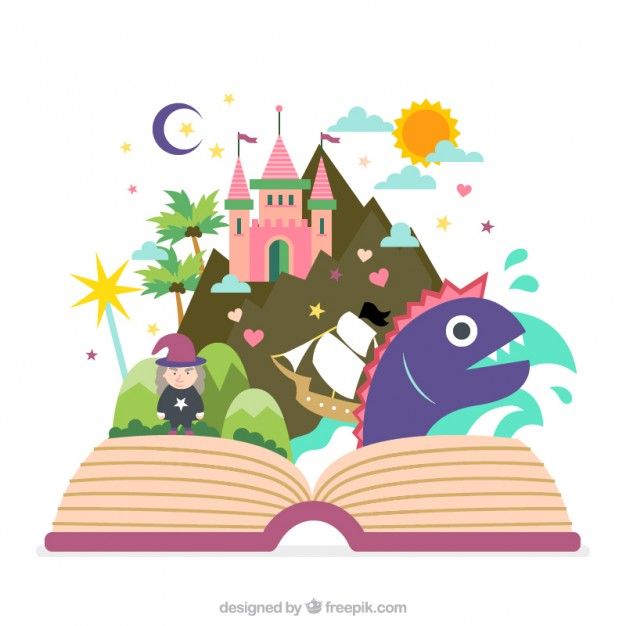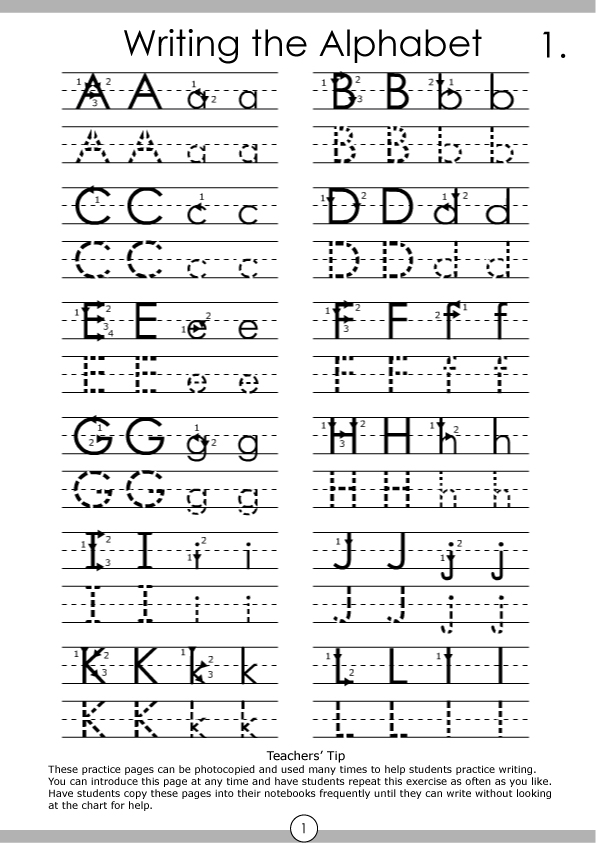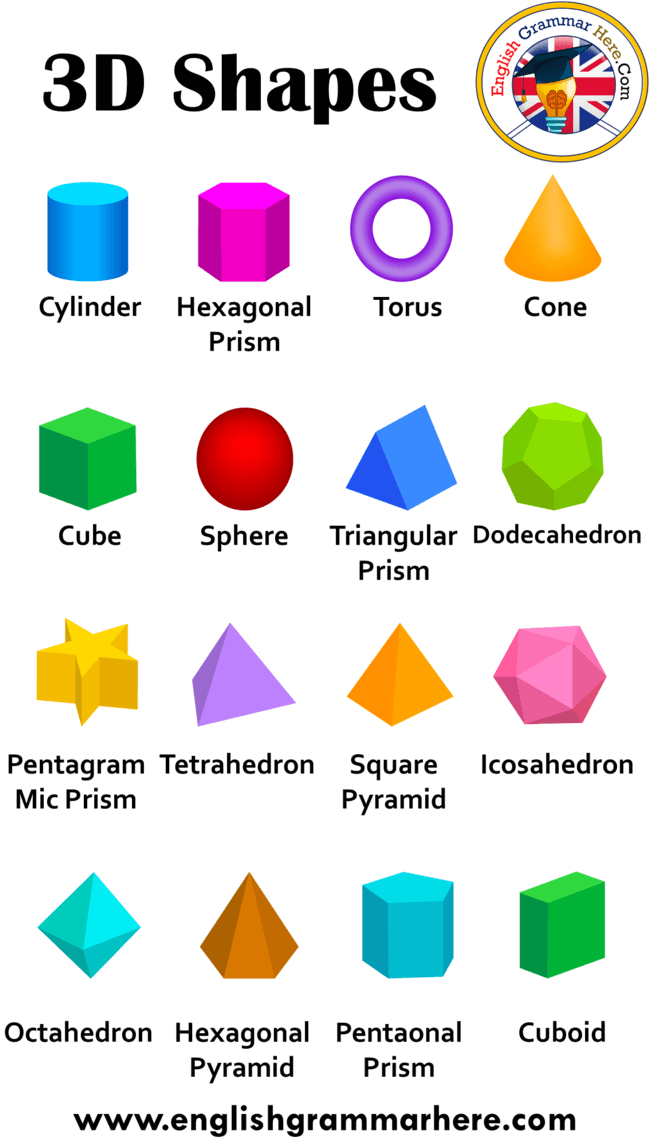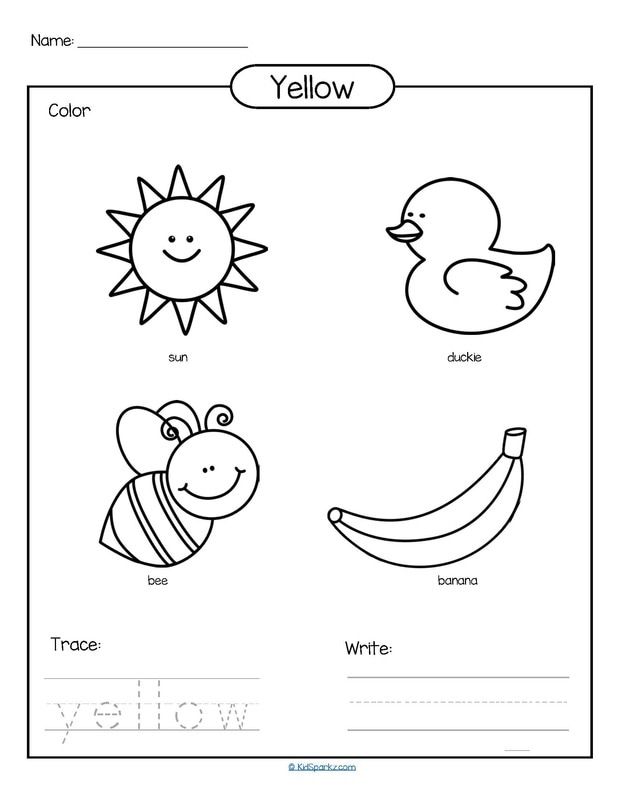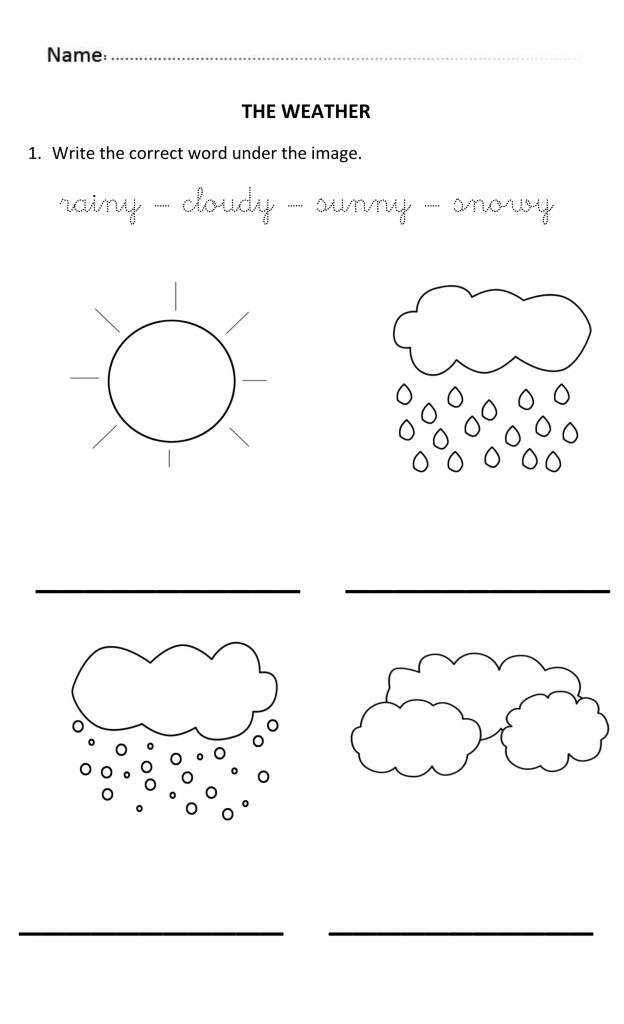Rhyming words lessons
Rhyming Games | Classroom Strategies
Rhyme is found in poetry, songs, and many children's books and games. Most children also love to sing and recite nursery rhymes. Words that can be grouped together by a common sound, for example the "-at" family — cat, hat, and sat — can be used to teach children about similar spellings. Children can use these rhyme families when learning to read and spell.
| How to use: | Individually | With small groups | Whole class setting |
Why teach about rhyming?
Developing a child's phonological awareness is an important part of developing a reader. Young children's ability to identify rhyme units is an important component of phonological awareness. Research shows that students benefit from direct instruction on rhyme recognition paired with fun activities that target this skill.
In this skill tutorial video from Heggerty, the instructor discusses and models rhyme repetition, rhyme recognition, and rhyme production. (Heggerty)
What rhymes with this picture? (whole class)
Students decide if their objects rhyme with a picture, and then compare written rhyming words. (Balanced Literacy Diet)
Match the rhyming objects (small group)
In small groups, students match images of objects that rhyme to develop phonological awareness. (Balanced Literacy Diet)
Collect resources
Rhyme book
Students can draw pictures of objects that rhyme or cut out rhyming pictures found in magazines and place them in their books.
Rhyming activities
This PDF includes objectives, directions, and materials for nine different rhyming activities developed by the Florida Center for Reading Research.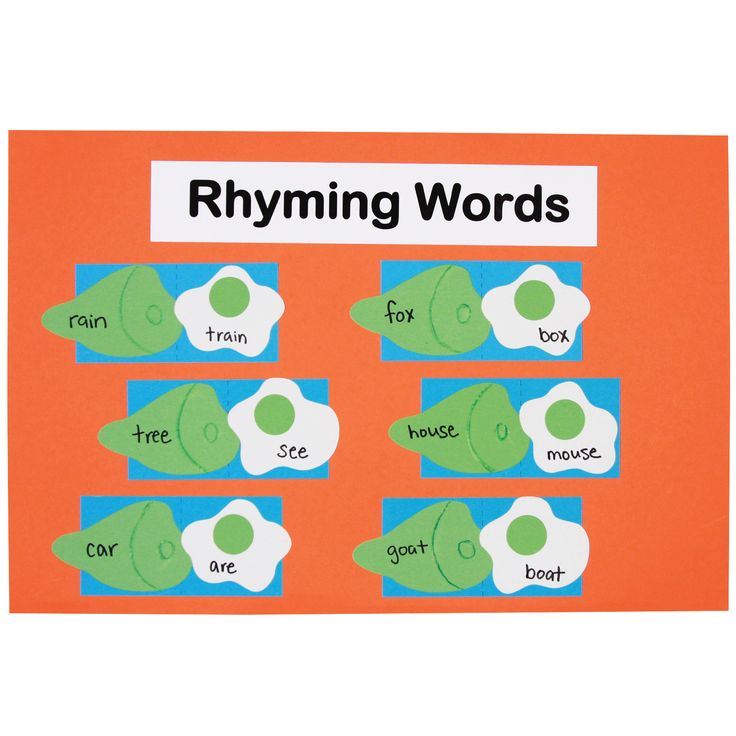
Rhyming activities ›
Rhyming words: body parts game
Learn how to play this simple rhyming game, where kids think of words that rhyme with different body parts such as "head" or "eye."
Rhyming body parts game ›
Space-themed rhymes
The file folder game found on the link below helps students match rhyming words. Teachers can download and print the game, including all materials and instructions.
Space-themed rhyming game ›
Word family chart
This Reading Rockets article describes several ideas for rhyme games and classroom activities. One example provided is how to create a word family chart from various rhyming words. Teachers can use rhyming words from a story or nursery rhyme to pull words for the chart.
How Now Brown Cow: Phoneme Awareness Activities ›
Differentiate instruction
for Second Language Learners, students of varying reading skill, and for younger learners
- Use pictures instead of words in activities for younger and lower level readers
- Include oral rhyming activities.
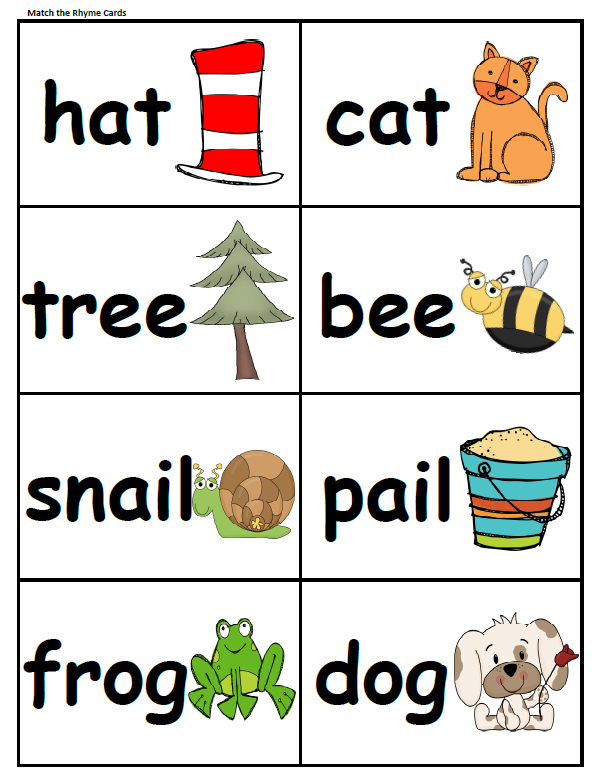
- Include a writing activity for more advance learners.
- Use blank diagrams for more advance learners to complete (see example here).
See the research that supports this strategy
Bradley, L., & Bryant, P. (1985). Rhyme and reason in reading and spelling. Ann Arbor, MI: University of Michigan Press.
Bryant, P., MacLean, M., & Bradley, L. (1990). Rhyme, language, and children's reading. Applied Psycholinguistics, 11, 237-252.
Moats, L. & Tolman, C. (2008). The Development of Phonological Skills.
Snow, C., Burns, M., & Griffin, P. (Eds.). (1998). Preventing reading difficulties in young children. Washington, DC: National Academy Press.
Children's books to use with this strategy
Sheep in a Jeep
By: Nancy Shaw
Genre: Fiction
Age Level: 3-6
Reading Level: Beginning Reader
Silly rhymes about silly activities make the words jump off the page, complemented by humorous illustrations.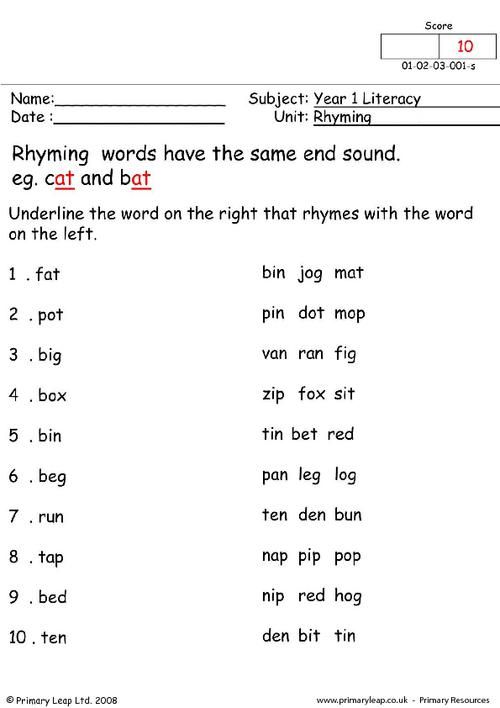
Jamberry
By: Bruce Degen
Genre: Fiction
Age Level: 6-9
Reading Level: Independent Reader
Jaunty rhymes (that just may be 'sing-able') are likely to lead to wordplay (literally) as one follows the animal cast play with berries of all kinds.
Giraffes Can't Dance
By: Giles Andreae
Genre: Fiction
Age Level: 3-6
Reading Level: Beginning Reader
Gerald, the giraffe, is told by the other jungle animals that he can't dance. Of course, they're proven wrong as Gerald does his thing in this rhyming tale. This book may also inspire alliterative use of language.
I Can’t Said the Ant
By: Matthew Polly
Genre: Fiction
Age Level: 3-6
Reading Level: Beginning Reader
An improbable cumulative tale with lots of interesting rhymes that uses illustrations as clues for meaning.
Hamsters, Shells, and Spelling Bees: School Poems
By: Lee Bennett Hopkins
Genre: Poetry
Age Level: 3-6
Reading Level: Beginning Reader
Familiar subjects are presented in short poems by a range of writers.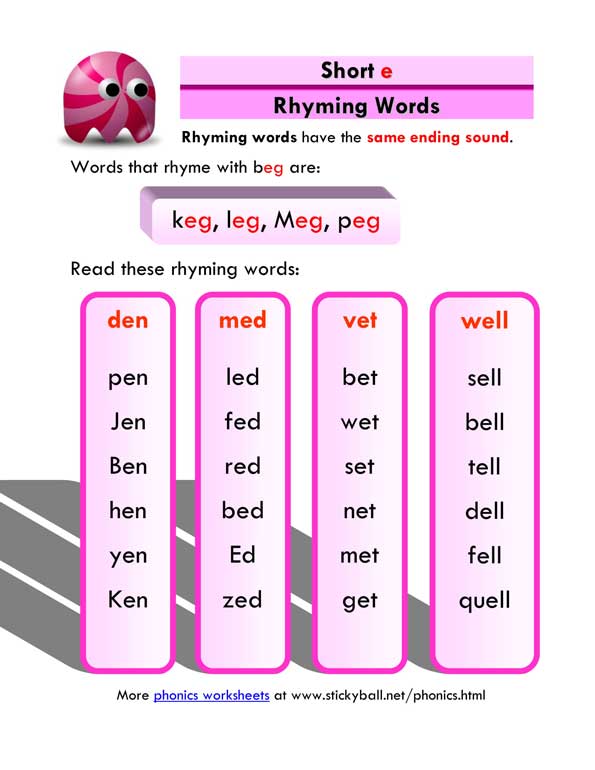 These easier-to read works are just right to encourage careful listening.
These easier-to read works are just right to encourage careful listening.
Llama Llama Red Pajama
By: Anna Dewdney
Genre: Fiction
Age Level: 0-3
Reading Level: Pre-Reader
Even the bedtime rituals don’t subdue the dramatic baby llama and the nighttime fears that descend when Mama Llama leaves his room. Young readers (and their parents) will see their own behavior in the rhyming text and expressive and winning illustrations.
Comments
10 Rhyming Word Activities for Kindergarten
When it comes to teaching rhyming words in the classroom, it is important to keep the learning fun, upbeat, and provide a variety of activities for students to learn with. The more opportunities they have to work with rhyming words, the better. Activities that are hands-on and that include different words and rhyming pictures are key in keeping the engagement high.
#1: Rhyming Match-Up
One of the most basic and effective rhyming activities for kindergarten is rhyming match-up! All you need for this activity are picture cards and/or word cards.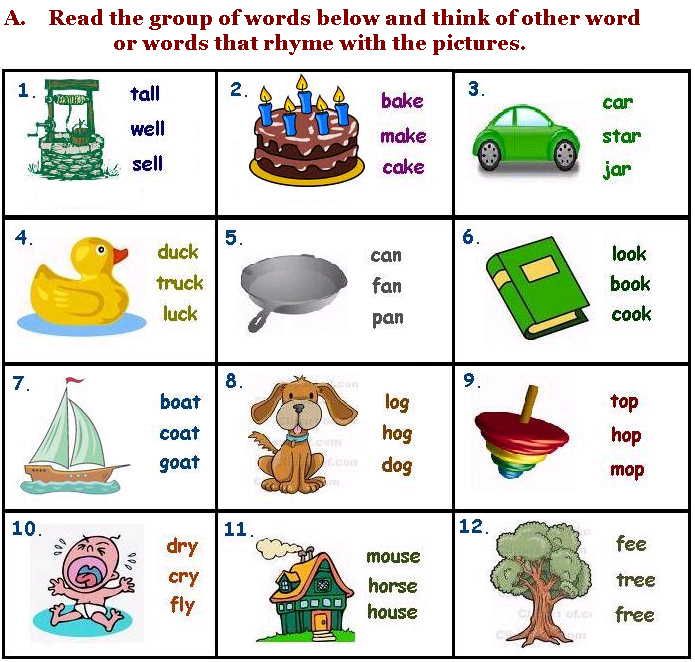 You can draw simple pictures on notecards if you don’t have picture cards in your classroom and save them for future activities!
You can draw simple pictures on notecards if you don’t have picture cards in your classroom and save them for future activities!
There are a couple of different ways you can play this game. The first option is to have students match pictures based on if they rhyme. They can match pairs of pictures or make a whole stack of pictures that rhyme.
The second option is to have students match the picture card to a rhyming word card. This gives them a little more practice with decoding CVC words. This option is a bit more advanced as they will use their phonics skills as well as their phonemic awareness skills.
#2: Pass the RhymePass the rhyme is a fun circle time activity for students and requires zero materials or prep! The first person says a word out loud. The next person says a word that rhymes with that word. Play continues in a circle until all students in the circle have said a rhyming word.
This is a fun activity for students and is a great way to expose them to more words and give them ample opportunities to practice listening for those same ending sounds.
For a hands-on rhyming activity for kindergarten, rhyming mats are perfect! With these rhyming mats, students will look at the mat, say the name of a picture, and cover it with a rhyming picture card. Then they will record the rhyming words on their recording sheet, giving them an opportunity to practice writing and spelling the words.
These mats include 4 different sets: CVC words, CVCe words, short vowel words, and long vowel words.
#4: Rhyming Word LaddersWord ladders are a great rhyming activity for kindergarten. This activity can be done as a whole group activity, in small groups, or during literacy centers. The first time you use this activity, I recommend doing it as a whole group activity on the big teacher whiteboard.
To begin, write a word at the bottom of the whiteboard. Have students think of a word that rhymes and write that word above it. Once they get the hang of the activity, you can have the students write the word on the board, going around the room until all students have had a turn and the ladder is complete!
This activity can easily be extended to work on phoneme substitution with rhyming words.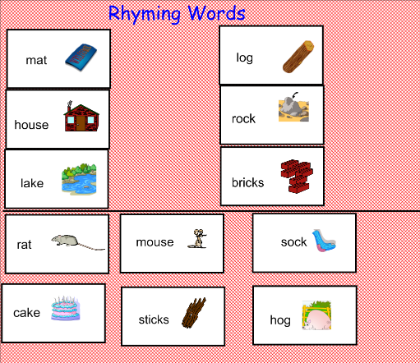 To use the activity in this way, prompt students to change the beginning sound in the word to make a new word. This will help them understand that even though the beginning sound changes, the ending sound stays the same.
To use the activity in this way, prompt students to change the beginning sound in the word to make a new word. This will help them understand that even though the beginning sound changes, the ending sound stays the same.
For example, to change the word from “bat” to “cat,” use language such as, “change the /b/ sound to a /c/ sound.”
#5: Sticky Note Rhyming
This DIY rhyming activity is super easy to prep and only requires sticky notes and either a whiteboard or piece of chart paper! Simply make columns on your whiteboard or chart paper with 1 word at the top of each.
You can make 5 columns and choose a different vowel sound for each column or you can differentiate and choose as many columns as you’d like and whichever word families you’d like. You can also draw a simple picture next to the focus word in each column as an additional visual aid for your students.
Next, write words that rhyme with each word on sticky notes. Again, you can write as many or as few words as you’d like depending on if you are using this as a small or whole group activity.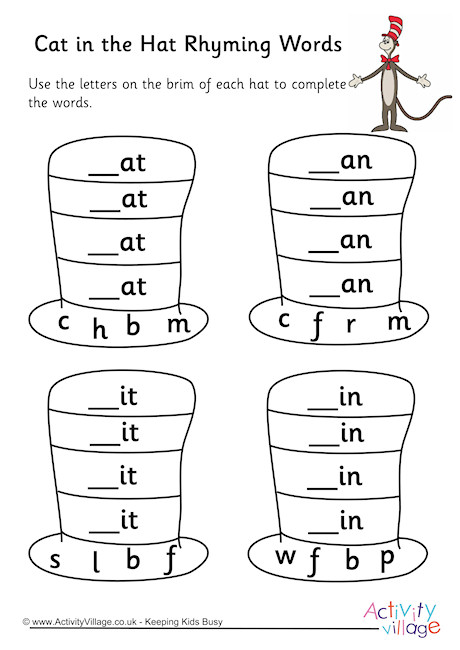
You can either pass out the sticky notes to students or have them draw a sticky note from a pile. Then have them come up and place their sticky note under the correct column, matching their rhyming word to the word on the board or paper.
#6: Rhyming CentersFor a ton of hands-on, differentiated rhyming practice, rhyming centers take the cake! There are 8 different low-prep rhyming centers included, covering various skill levels. This allows you to differentiate to meet the needs of your students. Some students may be working on matching rhymes with “iRhyme” while others are producing rhymes with “Make a Rhyme.”
#7: Find the RhymesThis rhyming activity for kindergarten also incorporates fine motor skills, which is a double-duty activity! In a large container of rice, cereal, noodles, or another sensory material of choice, hide rhyming picture cards or rhyming word cards. Students will use jumbo tweezers to pull out the cards, working to find 2 cards that rhyme.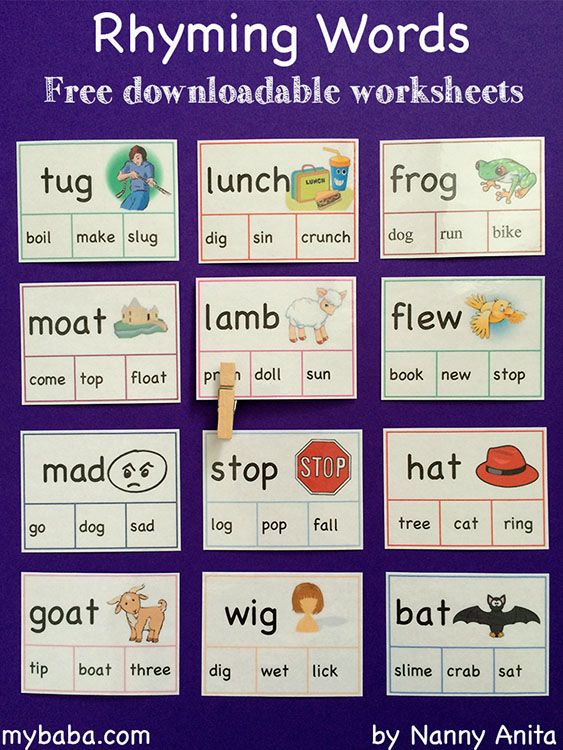
This rhyming activity for kindergarten is super versatile and hands-on. All you will need for this activity are magnetic letters or another letter manipulative of your choice. There are many ways to play.
- Lay out a picture card and have students build a word that rhymes with it.
- Say a word and have students build a word that rhymes with it.
- Have students build 2 words that rhyme.
- Give students a word family and have them build as many words as they can with their manipulatives.
- Build the rhyming words they hear in a rhyming read aloud
Need to get your students up out of their seats and actively learning? Rhyme the room is an effective way to keep students engaged and practicing rhyming words at the same time! There are 13 different activities included in this activity bundle. They can be used around the room or at a small group or literacy center.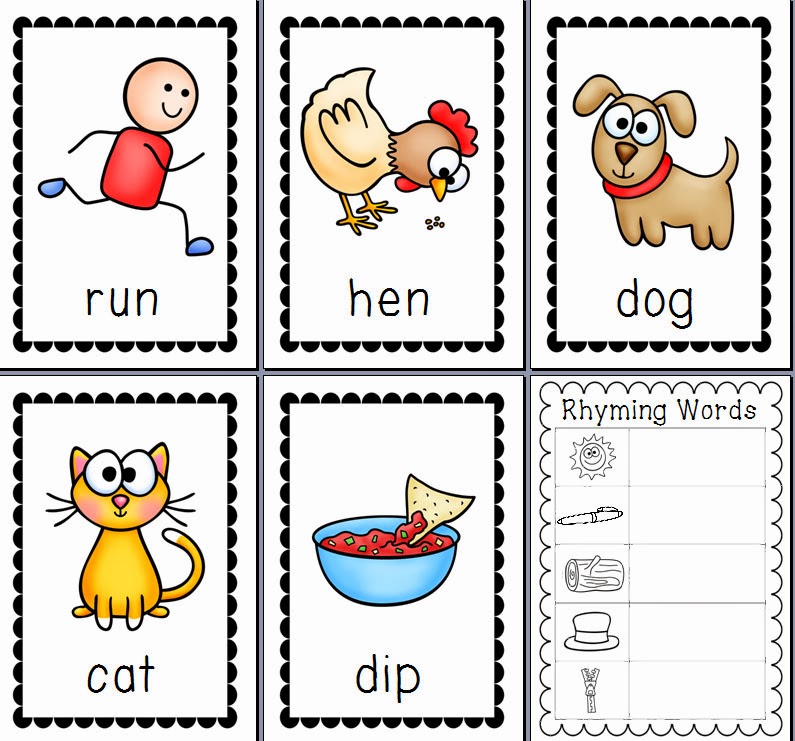
Students will search to find the rhyming picture around the room that matches the picture on their recording sheet. They will write the word on the picture card next to the rhyming picture on their sheet. There are options for CVC words, CVCe words, and short vowel words.
#10: Rhyming Read AloudsWhen it comes to teaching rhyming, using read alouds is one of the best ways to help students catch on to this skill! There is just something so powerful about read alouds, not only for developing a love of reading, but also for teaching skills such as rhyming!
Read alouds, nursery rhymes, and other books with a rhyming format are the perfect way for students to listen for the segments in words.
As you read, pause and talk about the rhyming words they hear in the story. It is also fun for students when the teacher pauses during reading to let them say the rhyming word that comes next! Plus, this ensures that they are on task and paying attention to the story!
Additional Rhyming Activities
Want to incorporate even more rhyming games and activities for kindergarten into your lesson plans? This rhyming bundle is jam-packed with 9 most-loved rhyming resources, including the rhyming centers, rhyming mats, and rhyme the room from above, along with 6 other resources, such as rhyming spin and cover, rhyming games, and more!
With these rhyming activities for kindergarten, your students will be rhyming masters before you know it.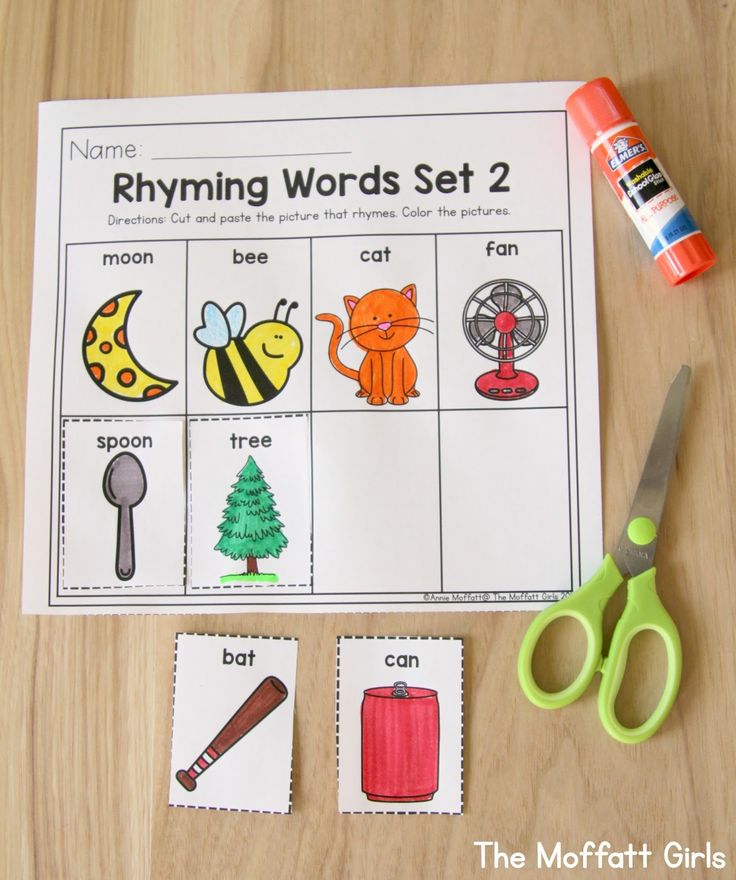 Rhyming truly is a fun concept to teach and a fun concept for students to learn. Work rhyming into your day whenever you can. That might be in the lunch line, in transition, or with these activity ideas! The more your students hear rhyming words, the faster their skills will grow!
Rhyming truly is a fun concept to teach and a fun concept for students to learn. Work rhyming into your day whenever you can. That might be in the lunch line, in transition, or with these activity ideas! The more your students hear rhyming words, the faster their skills will grow!
Rhetoric lesson in the 1st grade on the topic "Rhymes"
Targets:
- teach children to pick up simple rhymes
- work on expanding vocabulary children
- continue to work on ethical standards behavior
Lesson progress
1. Org. moment
2. Checking homework.
Last lesson we had the topic "Similar tails".
What words did you choose for the word rattle? (children name words)
Student
Rattle - fly - cannon
And a laughing girlfriend,
And the old talker,
And probably, laughter,
Cannon, drying, pig, abdomen,
And, of course, cheesecake
Here is such a parsley.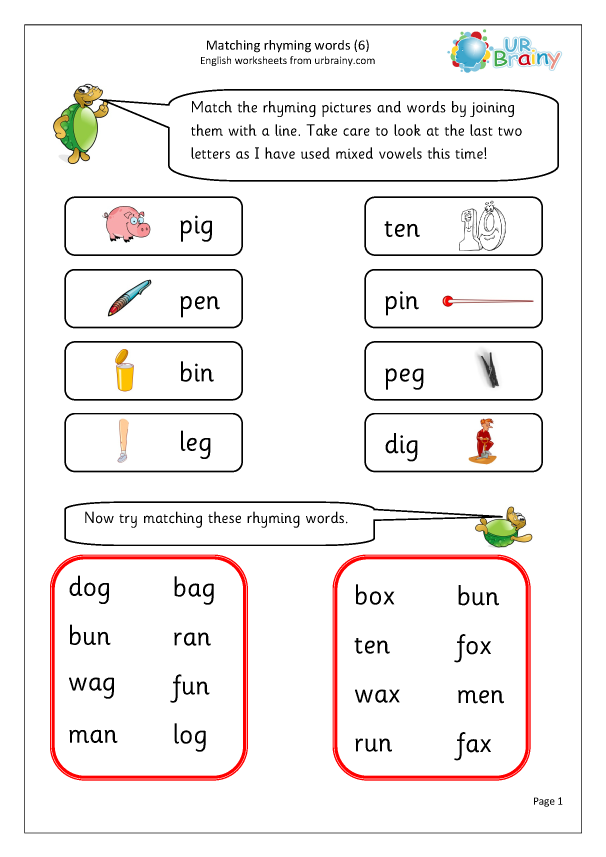
Individual Card work
Student: "A very scary story"
Finishing a bun with butter,
The brothers walked along _______,
Suddenly on them from _______
The big dog barked ______.
Said the youngest: "Here's to attack,
He wants us _______.
So that we don’t get into trouble _______,
We will throw a bun at _______ for the dog.
Everything ended up great.
The brothers immediately became _______,
You need to take with you _______ (what?)
(Check if your words match those that were in the poem: clear, mouth, booming, attack, nook, alley, hit, roll)
Student: "Katausi and Mausi"
There was a mouse _______
And suddenly I saw _______.
______ has evil eyes _______
And evil - wicked teeth _______.
Ran ______ to _______
And she waved her tail _______
"Ah, _______,_______,_______,
Come to me honey _______,
I'll sing you a song, _______.
But smart _______ answered:
I see your evil eyes
And evil - nasty teeth _______".
So answered the smart mouse
And rather run from _______.
(Pay attention to the end of the lines. They must be the same)
To the student: "Slacker"
lives bitterly
Leger _______ -
Beds Leger _______
High_______.
Floors from bed
Gave _______.
Get off Leger_______
Sea_______.
Without wed _______.
Already lay
Both_______ -
Sleeping and sighing
Glu______:
- Kaby
Still
Two______!
Complete the missing line endings according to the rule you know
3. The main part
- What is called a rhyme?
(Rhyme - consonance of the end of poetic lines)
Now you will listen to B. Shergin's fairy tale "Rhymes".
Before reading (or during reading) give explanations for colloquial forms of words "tvovo", "eroplan".
Vocabulary
"Shish went to the city on his business. It was winter, cold.
An uncle rides a horse ahead. Shish is tired I want to ride a horse. He screams for it uncle:
- Hello, Some Kakoitovich!
The uncle did not hear what he was called, only understood that by name and patronymic.
- Hello young man!
And Shish again:
- How is your wife doing, how are your children?
Dyatka says:
- Thank you, live well. And if you friend, so sit down on a sleigh, lifts you.
Shisha is right, sat down next to the uncle. And Shish is silent cannot sit. He is only silent when sleeping.
He says:
- Uncle, let's play rhymes.
- What is it - rhymes?
- And let's say it so that it's smooth.
- Come on.
- Here, uncle, what was your father's name?
- My dad's name was Kuzma.
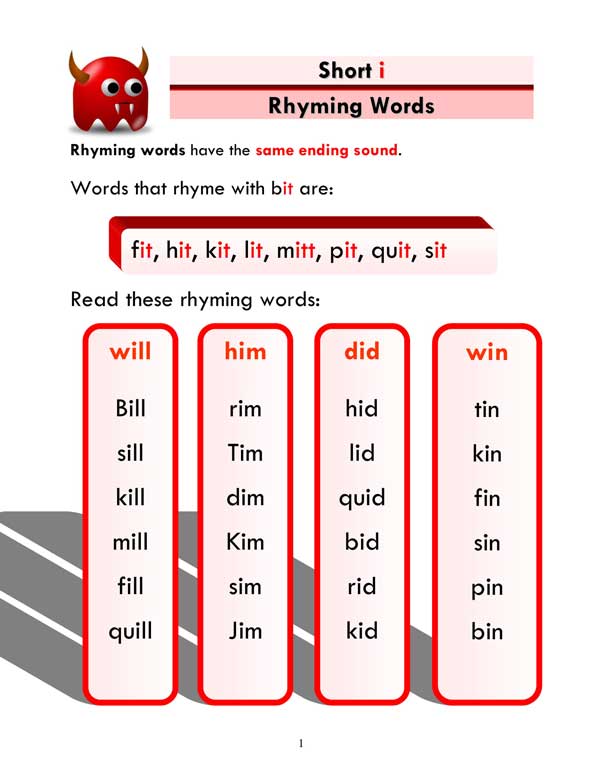
Shish says:
- I am your Kuzma
I'll take it by the beard!
Uncle says:
- Why are you taking my dad by the beard will you?
Shish says:
- This is, uncle for rhyme. You tell me how your grandfather's name.
- My grandfather's name was Ivan.
Shish says:
- your grandfather Ivan
Put the cat in my pocket,
Cat cries and sobs,
Your grandfather scolds.
- This is why my grandfather will have a cat in his pocket plant? Why are you picking up such rubbish?
- This is, uncle for rhyme.
- I'll tell you a rhyme, what's your name?
- My name is ... Fedya.
Dyatka says:
- If you are Fedya,
That caught a bear in the forest.
Ride a bear,
Get off my horse!
- Uncle, I was joking. My name is not Fedya, but Stepan.
Dyatka says:
- If you are Stepan,
Get on the eroplan.
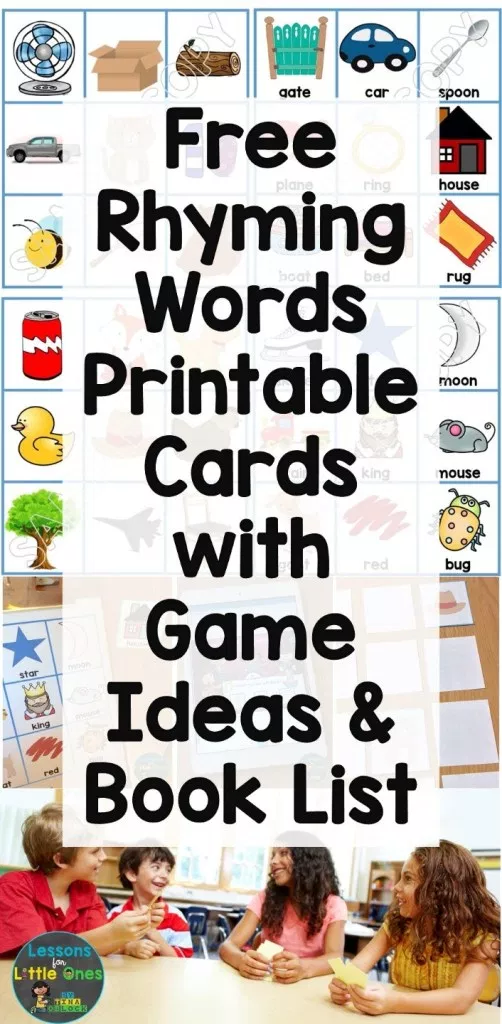
On an eroplane and fly,
Get off my horse!
- Uncle, I was joking. My name is not Stepan, but ... Silantius.
Dyatka says:
- If you are Silantius,
That's off my horse!
- What are you, uncle: there is no such word - "tearful".
- Although not, get off the sled anyway. So he and necessary. If you are a kind person Lucky on a horse, then you sit silently, and do not invent all sorts of trifles.
Tvovo - yours; eroplan - airplane, plane.
- Read which one rhyme did Shish write? /page 13/
- Why did Shish come up with such an offensive rhyme? (for rhymes)
- Find rhyming words (similar to sound) (I'll take Kuzma)
Read 2 rhymes invented by Shish. What kind do the words rhyme?
- How did the uncle answer his offender?
(Uncle composed poems in which he ordered Shisha get off the horse).
- read 1 quatrain. What words are in it rhyme?
- read the 2nd quatrain.
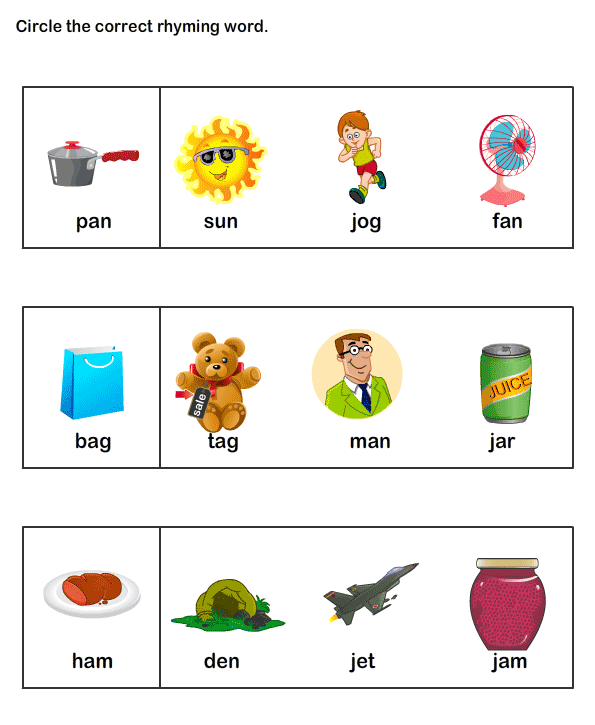 What words rhyme in it?
What words rhyme in it? - read the 3rd quatrain. What's funny about it?
To make a word rhyme "silanium" uncle, come up with a new word "slezant" instead of "get off."
- What does this fairy tale teach? (reply with kindness to good)
4. Physical
1, 2! Higher head
3, 4 Hands wider
5, 6 Sit quietly
7, 8 Let's discard laziness!
5. Some poems are riddles, which can be guessed by finding a rhyme.
| Past the grove, | He is kinder than everyone in the world, |
| Mimo Yar, | He heals sick animals, |
| Rides without smoke, | And once a hippopotamus |
| Rushing without steam | He pulled out of the swamp |
| Sister Train | He is famous, famous This is Doctor (Aibolit) |
Who is this?
(train)
Piglet two ears, pink belly,
Tail like a thread, thin-thin,
He is funny (piggy)
A long, thin beak will grab a frog
A drop will drip from the beak, Who is this? (heron)
6.
In poetry it happens that a letter is lost
Unknown what happened
Only the letter got lost,
Dropped into someone's house
And hosts it.
But as soon as the letter mischievous
entered there Very strange things began to happen.Uncle was driving without a vest (ticket)
He paid a fine for it.
We collected cornflowers
We have puppies (wreaths) on our heads
Over a quiet lake grew
Pychohead broom (willow)
7. A letter was missing in the previous verses, and now lines 9 are messed up0005
Let's put things in order guys.
Changeling
| Angry boar | sat on a branch |
| Steamboat | languished in a cage |
| Nightingale | sharpened fangs |
| Porcupine | beeped |
| Cat | taught physics |
| Masha | caught her tail |
| Pinocchio | sewed his pants |
| Tailor | everyone ate pancakes |
| Hedgehog | covered for dinner was |
| Chizh | wiggled his mustache |
| Cancer | flew under the clouds |
| Table | chasing mice |
| Kettle | jumping in the yard |
| Boy | bubbling on the fire |
After placement it should look like:
Angry boar sharpened his fangs
The steamer was beeping
Nightingale perched on a branch
Porcupine languished in a cage
The cat was catching its tail
Masha taught physics
Pinocchio ate all the pancakes
The tailor sewed his pants
Hedgehog chased mice
Chizh flew under the clouds
Cancer moved his mustache
The table set for dinner was
Kettle gurgled on the fire
Boy jumping in the yard
8.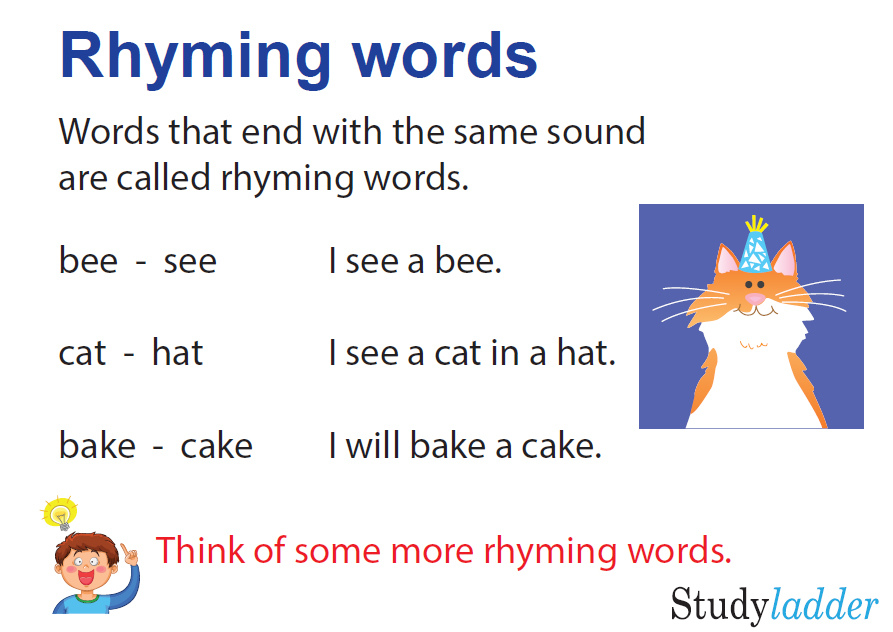 - What is called a rhyme?
- What is called a rhyme?
- Now we are going to play rhyme. The rhyme shouldn't be meaningless.
- stick - jackdaw
- bear - book
- eyes - taras
- winter - darkness
- pike - science
- chest - cricket
- shadow-day
- tigers - games
- horn - rhinoceros
- frbuz - taste
- heron - tow
- bear - bump
- suitcase - giant
- shirt - turtle
- animal - ferret
- puppy - sock
- light - call
- car - dust
- artist - machinist
- artist - soloist
- vocalist - journalist
9. Lesson summary
- What is called a rhyme? What is rhyme for?
Top 15 compound stresses in words - memorize rhymes - Teacher's newspaper
There are words in the Russian language, in the stresses of which confusion often occurs.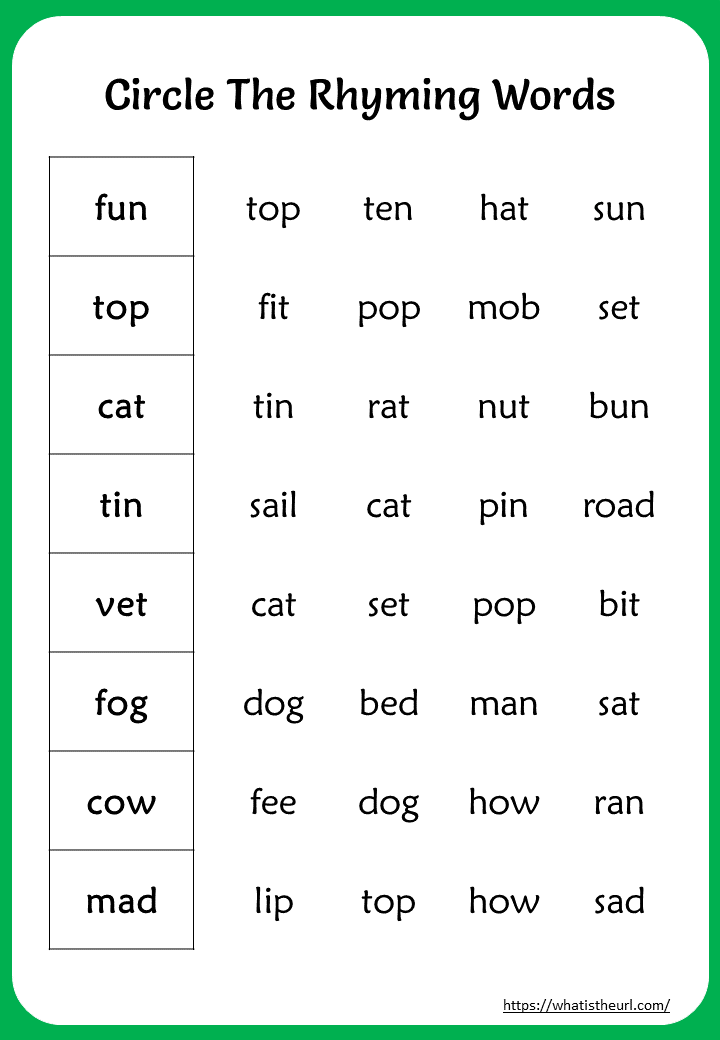 We have already written about many of them in the “Literate” section. We invite you to parse new rhymes to especially complex options. The easiest way to remember by heart to pronounce correctly. Memorizing poetry, like simple rhymes, trains memory and enriches our speech. Let's try!
We have already written about many of them in the “Literate” section. We invite you to parse new rhymes to especially complex options. The easiest way to remember by heart to pronounce correctly. Memorizing poetry, like simple rhymes, trains memory and enriches our speech. Let's try!
Pullover
Pullover - a jumper without a collar and fasteners, with a V-shaped neckline. Noun. Most of us put the stress on the last syllable in this word. However, dictionaries tell us the opposite - the stress should be placed on the second syllable.
"Memory":
He was sitting in a Land Rover in a nice pullover.
Undertook
Undertook - from the word "undertake" - to start doing something. Participle. If you put stress on the second syllable, then you make a mistake - you need to put the last one.
"Reminder":
A whale hunt has been undertaken.
Uncork
Uncork - open by removing the plug from the hole.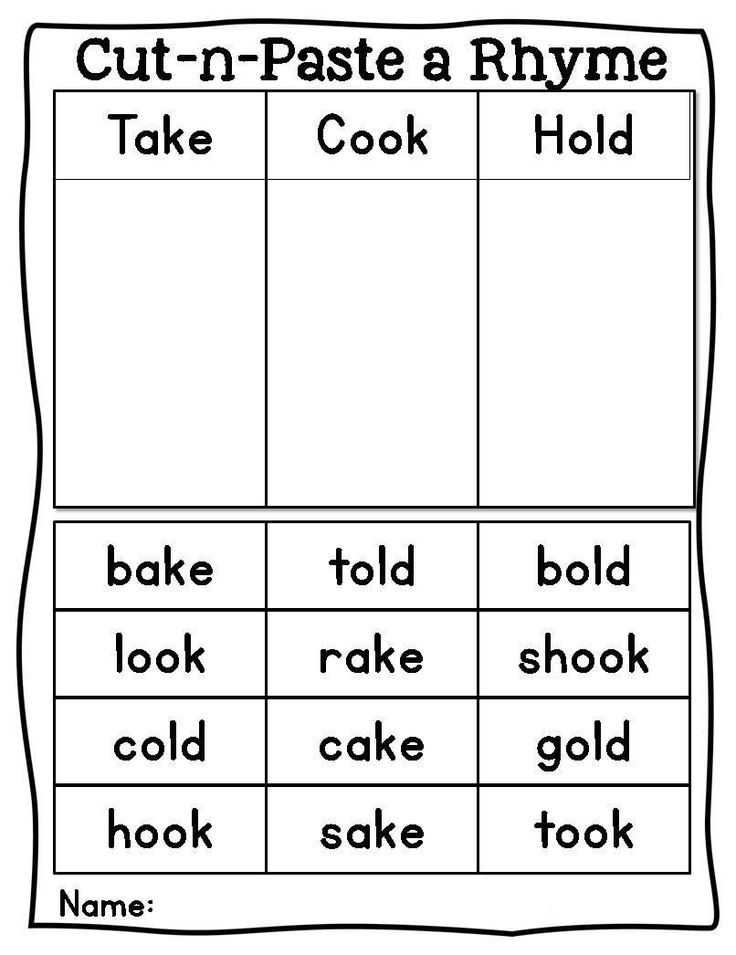 Verb. In the word uncork in colloquial speech, two options are often used - with an emphasis on the second and third syllables. However, according to the norms of the literary language, the stress is placed on the second syllable.
Verb. In the word uncork in colloquial speech, two options are often used - with an emphasis on the second and third syllables. However, according to the norms of the literary language, the stress is placed on the second syllable.
"Memory":
Dissuade uncork.
Awarded
Awarded - received an award. Participle. In passive participles, according to the rules of the Russian language, the third syllable is stressed.
"Memory":
The certified winner won - the champion was awarded.
Religion
Religion - belonging to any religion. Noun. Sometimes you just want to put the stress on the sixth syllable in colloquial speech, but you need it on the fifth.
"Memory":
I was told about religion.
Perceive
Perceive - comprehend, take note, understand. Verb. If difficulties arise with this word, you can always remember the rhyme.
"Memory":
It is a shame to deny that it is time to perceive .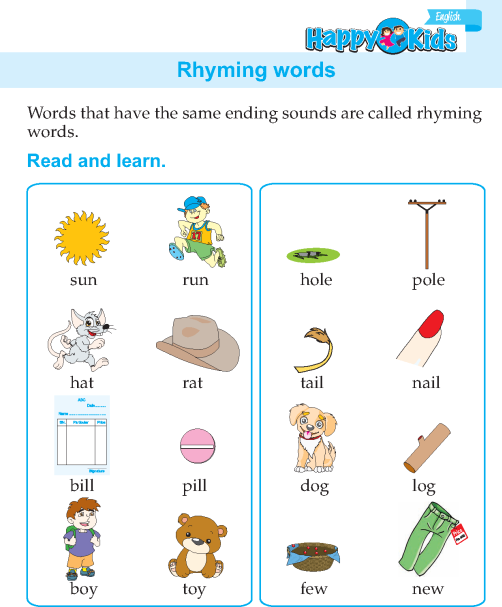
Parterre
Parterre - lower floor of the auditorium; rows that are closest to the stage, [fr. parterre, lit. on the ground]. Noun.
"Memory":
Voltaire left the stalls.
More beautiful
More beautiful - better, better. Comparative degree of the adjective beautiful. The word "beautiful" does not cause difficulties, but it is worth understanding its other degree, because we often make mistakes and put the emphasis on the penultimate syllable.
Memo:
She would be happier if she were prettier.
Salt
Salt - Sprinkle with salt. Verb. The initial form is salted. In speech, we often put the stress on the last syllable, but dictionaries indicate to put it on the second.
"Memory":
A pinch of just a hodgepodge is not salted according to .
Kitchen
Kitchen - intended for the kitchen. Adjective (from the word kitchen). There are cases when the stress is placed on the second syllable, but it is necessary, of course, on the first.
"Memory":
An old kitchen machine was rumored to be known to everyone.
Bows
Bows - loop with loose ribbons. Noun. Plural, singular - bow. Sometimes the stress on the last syllable is asked, but alas, it is necessary to put it on the first.
"Memory":
We played forfeits, tied bows.
Catalog
Catalog - a list of items, a list of information. Noun, from Greek. κατάλογος. Among the office plankton, you can often hear the stress in this word on the second syllable, but you need to put it on the last one.
"Memory":
Monologue about the catalogue.
Spoiled
Spoiled - capricious, accustomed to the quick fulfillment of his desires. Depending on the context, it can be an adjective or participle (from the word "spoil"). The stress in all cases is placed in the same way - on the third syllable.
"Memory":
Bewitched was very spoiled.
Transfer
Transfer – transportation of a passenger.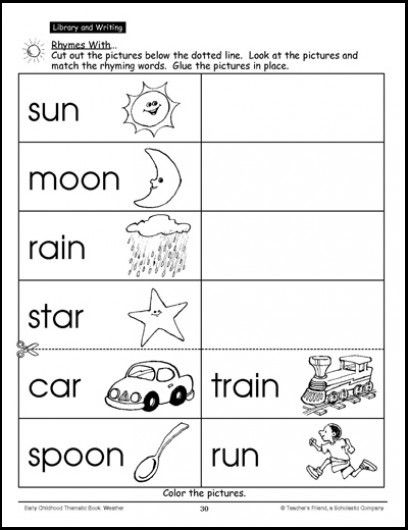 Noun. From lat. trānferre and from t English. to transfer - transfer, move. In this word, we often put the stress on the first syllable, but according to the rules, it is necessary on the last one.
Noun. From lat. trānferre and from t English. to transfer - transfer, move. In this word, we often put the stress on the first syllable, but according to the rules, it is necessary on the last one.
"Memory":
The scam happened in the transfer.
Ringing
Ringing - produces a sound. Verb. Perhaps, with the word "ringing" in our country there are most of all jokes and anecdotes. At the same time, many people still get confused in stress, resorting to a colloquial form with an emphasis on the first syllable. It must be remembered - according to literary norms in this word, the emphasis is always placed on the last one.
"Memory":
Good appetite as the phone rings.
Do you have your own rhymes to check the words? We welcome your comments and questions. Subscribe to the network publication "Teacher's Newspaper". See you soon in the "Literacy" section.
In the “Literacy” section of the network publication Uchitelskaya Gazeta, we have already written about common mistakes in colloquial speech and how to remember the words nettle, contract, cakes, shell, etc.